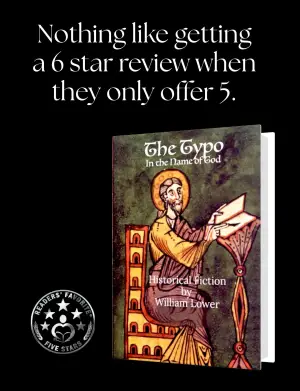I recently finished reading Post-Apocalyptic Fiction by Sean Liscom, and let me tell you, it was quite the ride! I’m an avid fan of dystopian tales, and something about the premise of a mysterious death leading to life-altering choices caught my attention. The concept of an electromagnetic pulse decimating modern civilization intrigued me further, making it an irresistible addition to my reading list.
The protagonist, Jason Sterling, is wonderfully complex. He’s been living a simple, solitary life, but everything changes when he learns about his father’s death. This mysterious meeting leads him on a path where he must confront his past and embrace a new future. The unfolding chaos from the electromagnetic pulse brings a sense of urgency that kept me glued to the pages. I think many readers would agree that Liscom’s ability to develop Jason’s character is a significant positive aspect of the book. I genuinely felt for Jason as he navigated the post-apocalyptic landscape, grappling with his choices amidst devastating loss.
Another strength of this novel is the richly developed world Liscom introduces. The author has a knack for weaving vivid imagery that immerses you in a desolate yet strangely captivating environment. I could visualize the stark contrast between Jason’s former comfortable life and the harsh realities of survival. This attention to detail not only enhances the storytelling but also evokes a visceral response – it’s as if I was experiencing this world alongside Jason.
However, I did notice a couple of drawbacks. Some readers have pointed out that certain plot points can feel predictable, and I found myself agreeing with that observation. While the initial setup is intriguing, some of the twists felt a bit too conventional, which, for a genre that thrives on surprises, could have been pushed further. It didn’t ruin the book for me, but I felt moments where I could anticipate the direction the story would take.
Additionally, while the pacing was generally good, there were sections that felt dragged out. Conversations tended to be lengthy at times, which slightly disrupted the momentum that was built up in other parts of the book. I wanted to see Jason in action, dealing with immediate threats rather than discussing plans at length. These slow points contrasted with the otherwise engaging elements of the story, leading to some uneven pacing throughout.
After finishing Post-Apocalyptic Fiction, I can say that it met my expectations based on the official description. The allure of a new life after tragedy truly encapsulates Jason’s journey, and the thematic exploration of resilience and adaptation is as profound as I hoped it would be. The moral dilemmas Jason faces resonate deeply in our current times, where the fragility of modern existence is highlighted.
In conclusion, I wholeheartedly recommend Sean Liscom’s Post-Apocalyptic Fiction for fans of the genre. It’s a thoughtful exploration of endurance in the face of overwhelming adversity. While it’s not without its pitfalls – predictability in parts and pacing issues – the gripping character development and immersive world make it a fulfilling read. If you’re looking for a thought-provoking storyline coupled with emotional depth, this book is definitely worth your time. I’d give it a solid 4.5 out of 5 stars! Happy reading!








